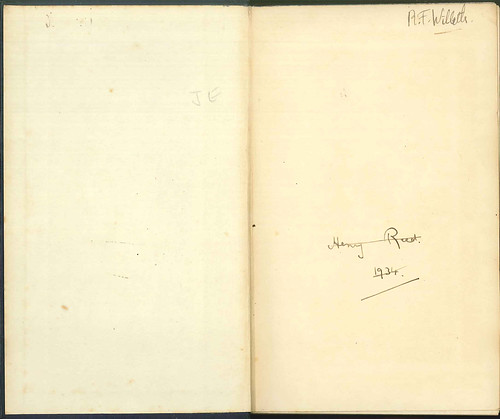Doris Karsell (1922-2010), was a Denver artist and muralist, educated at the Colorado Springs Fine Art Center. She lived and worked in Greenville while her husband was managing editor at the Delta Democrat-Times (owned by Pulitzer Prize winner Hodding Carter), setting up a studio with the illustrator Elizabeth Calvert and advertising personalized book plates, portraits, and murals. Apparently, Doris was affectionately known as "Dodo". You can see a free preview of her review, "New Poet Now Mature," on NewspaperARCHIVE.com:
Karsell begins by chiding another reviewer (Walter Allen?) for attempting to place Reed outside or above the rest of the Eliot-imitating oeuvre ("It is an act of great inaccuracy to preclude"), and then rules the book "the exception and the good." She admires Reed's style, finding "each line in the collection has been cut and finished with precision. One believes that no other form or words could have been used." She discovers a strange kinship with the poet:
As if the words were sent to the receiving system by strings, and breath through hollowed wood, one is made to climb out of the box of his own limitations. One is given the long ribbon of time in its three phases. It is a clever thing that the beginning sketch establishes partnership. For the reader knows he himself has written the first verse which Henry Reed has borrowed. He knows that he is the sole one to experience it.
Most of the rest of the review is pedestrian walking-tour stuff, going through the book chapter-by-chapter, like describing rooms to a houseguest. But Karsell concludes strongly, advising, "Read the whole volume aloud, even should you read it alone," and then finally, prophetically: "It is possible we shall remember Henry Reed."










